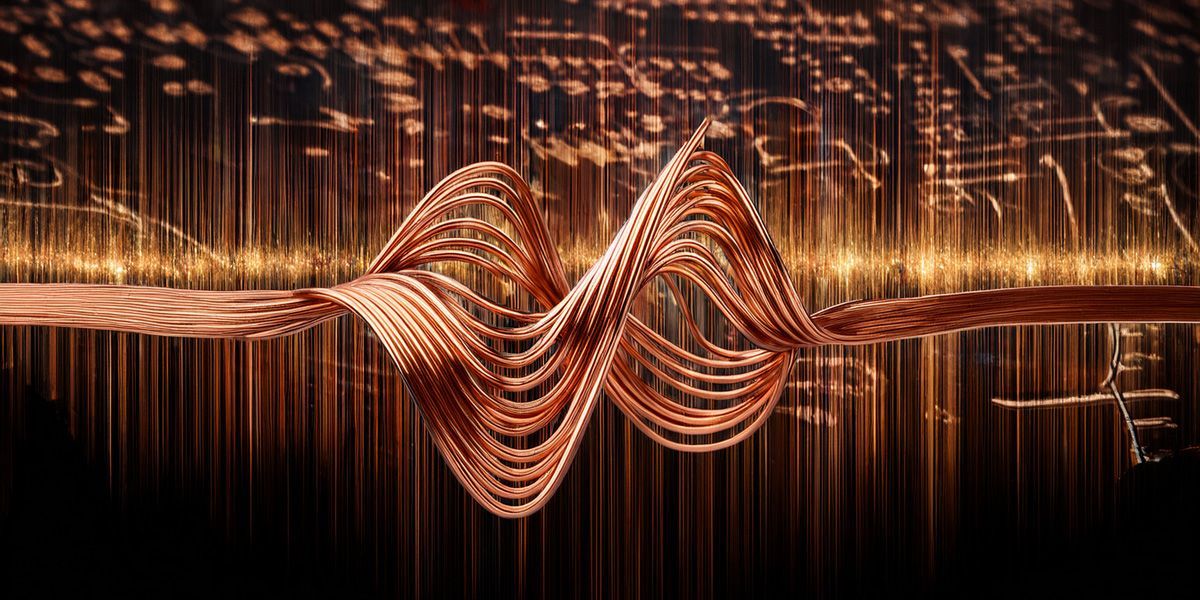AUDIO ORIGAMI BLOG

Cable Tied?
Two Tonearm Cables to Rule Them All.
The world of hi-fi cables is a minefield of passionate debate. At our core, we firmly believe cables can make a tangible difference in sound quality, particularly tonearm cables.
However, there's a crucial distinction between genuinely good audio cables and exorbitant "high-end" offerings. The market is rife with overpriced cables, leading to widespread skepticism and ridicule of the entire sector. While we won't tell you how to spend your money, we think paying £10,000 per meter for an audio cable is simply excessive. Many excellent cables are available at a fraction of that price that can significantly enhance your system.
We're not cable scientists, but our ears are our ultimate guides. When auditioning cables, the first thing we listen for is a change in perceived volume. If installing a new cable results in even a slight increase in volume, we know we're on the right track. A decrease in volume, however, is a deal-breaker.
Why Volume Matters
Generally, an increase in volume indicates the cable has lower resistance. This is a positive attribute because less resistance means less power is lost, allowing more of the audio signal to reach your components. It's about efficiency and signal integrity.
Beyond resistance, cable selection often comes down to system matching and personal preference. Some cables might sound brighter, others might offer a weightier bass, and some strive for complete neutrality. None of these characteristics are inherently superior; it's all about finding what complements your specific system and your sonic tastes. But in our experience, the impact on volume is the most critical factor to consider.
The Critical Role of the Tonearm Cable
In an analog system, we contend that the tonearm cable is arguably the most vital. It's tasked with carrying and protecting the weakest signal in your entire audio chain — from your cartridge to your preamplifier. For this reason, we've carefully selected two reference tonearm cables that we rely on in our own systems.
Atlas Mavros Assist Tonearm Ultra
Mavros cables are constructed from high-purity Ohno Continuous Casting (OCC) copper, which forms elongated crystals to facilitate a more efficient and direct signal transmission. A core design principle is the reduction of RF interference and noise susceptibility. To achieve this, the cable incorporates two independently balanced and individually shielded channels, promoting optimal stereo separation. An outer OFC braid provides additional protection.
The result is a pure, effortless playback that sits very slightly to the warm side of neutral with plenty of detail but never harsh or fatiguing.
We recommend this cable for systems that would benefit from a little extra detail and punch.
Available with either RCA or XLR.
Price: £1070 for 1.5m cable
Zavfino 1877PHONO Graphene Gold Rush
The Gold Rush is constructed from precision-matched OCC Copper (Cu) and Silver (Ag) conductors with 14,000 twists per meter and insulated by FEP/Tef dielectric, PTFE dielectric, and a graphene polymer and fibreglass braided silicone jacket.
The Gold Rush is one of the most "analogue" sounding tonearm cables we've encountered, and by that, we mean incredibly realistic. It's remarkably refined, giving vocals an "earthy" quality that makes them feel present in the room with you.
We recommend this cable for systems that would benefit from a touch of warmth and depth, particularly in the vocal ranges.
Available with either RCA or XLR.
Price: £1130 for 1.5m cable
Both the above cables will hold their own against many cables at two or three times their price, and offer true high-end performance at a realistic price.
Have we ever heard better cables than these? Only once, if we are honest, and that was the Cardas Clear Beyond Phono X2 Tonearm Cable. It was even more open and naturally sounding than both the cables mentioned above, but at £7400, it was unjustifiable for the little gain it provided.
We can supply both the Atlas Mavros and the Zavfino Gold Rush upon request. Rest assured, both cables pair exceptionally well with the PU7 and PU8 tonearms.

